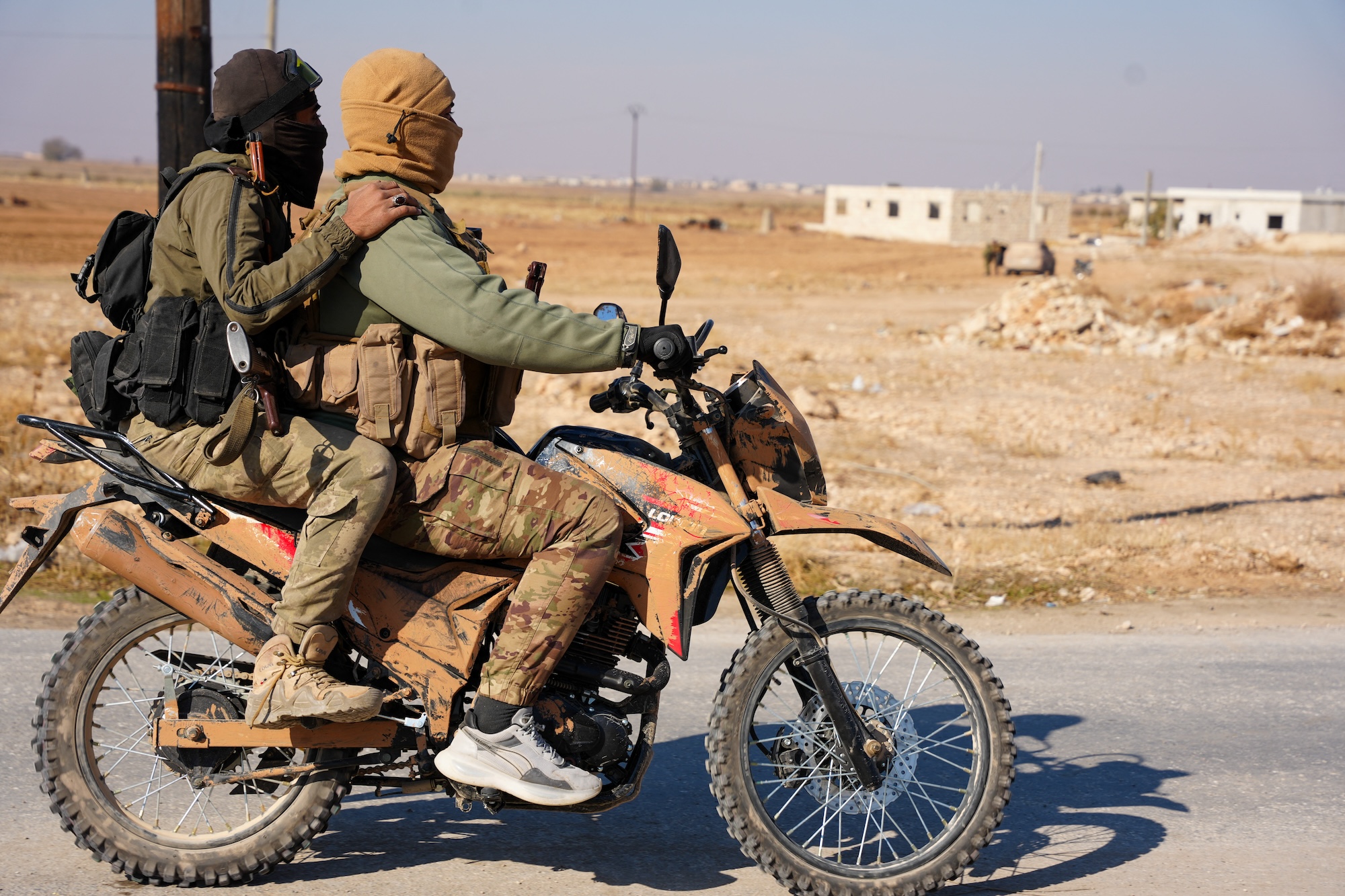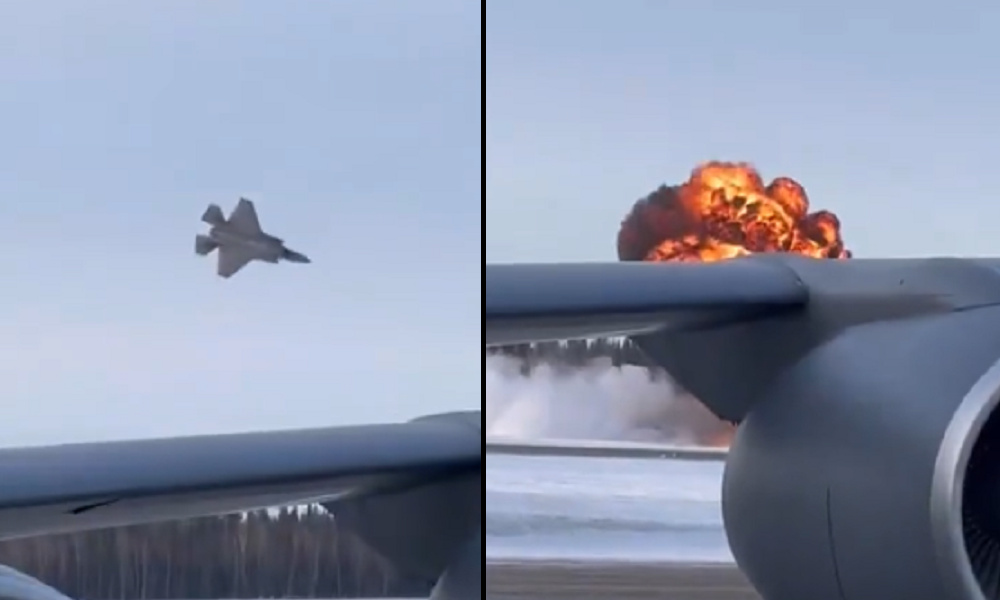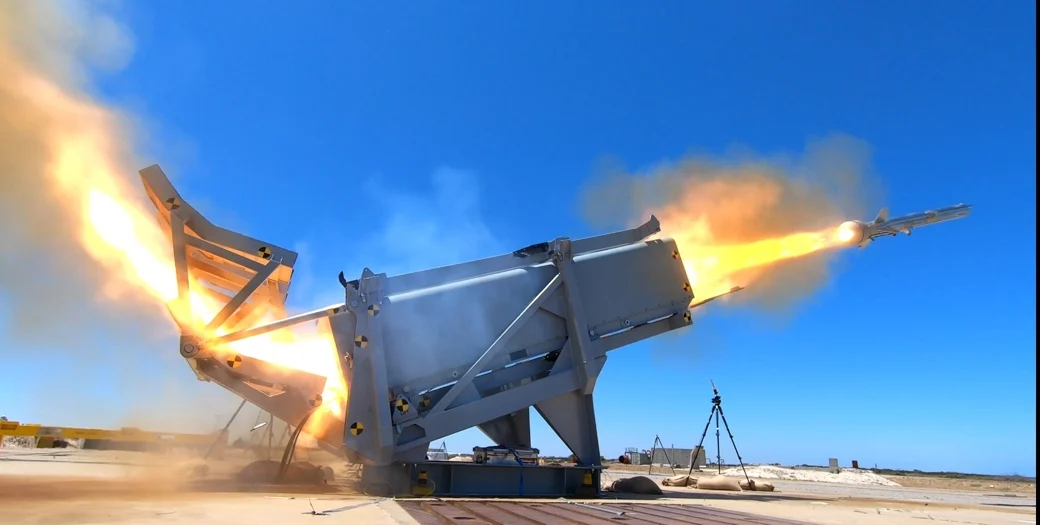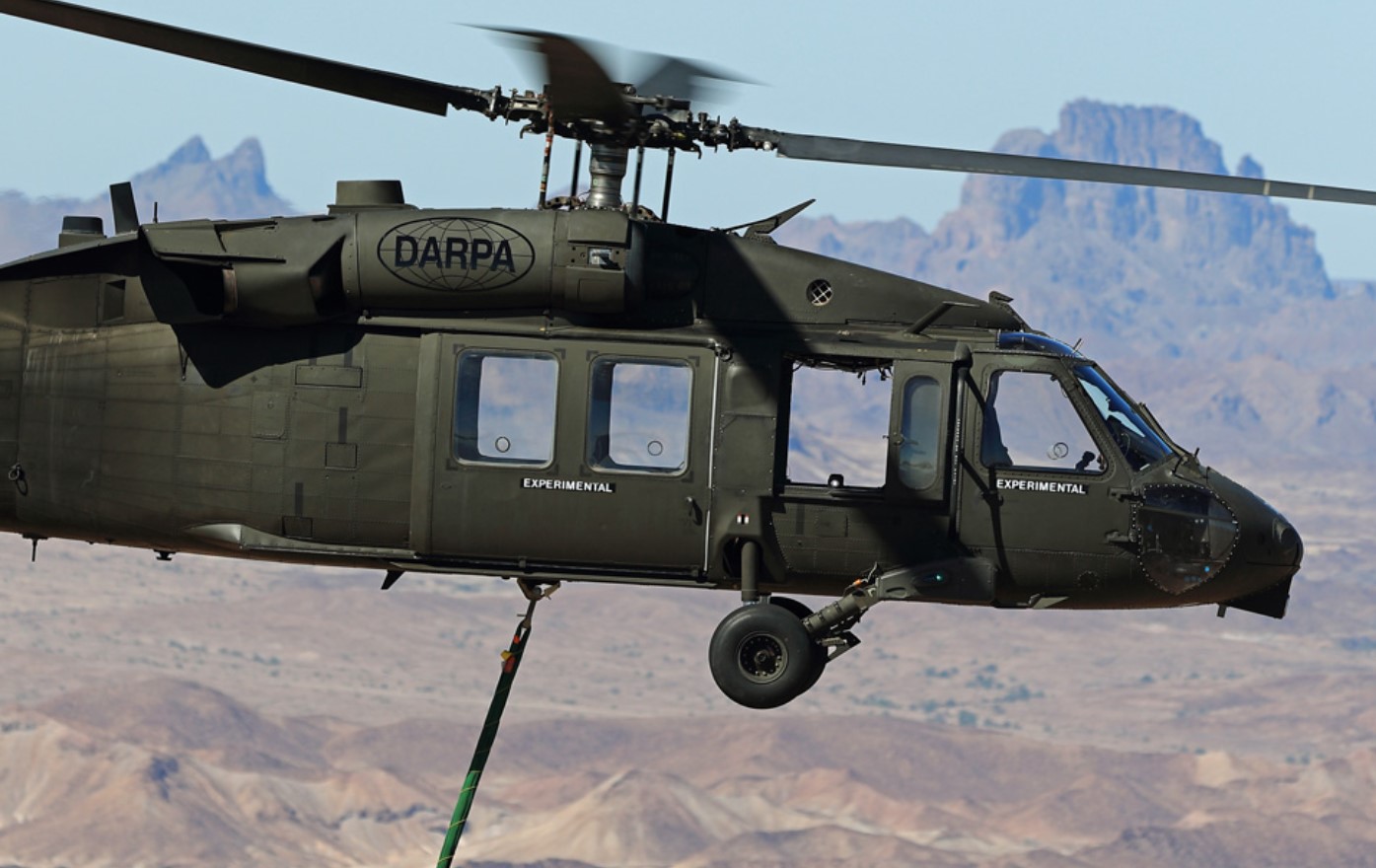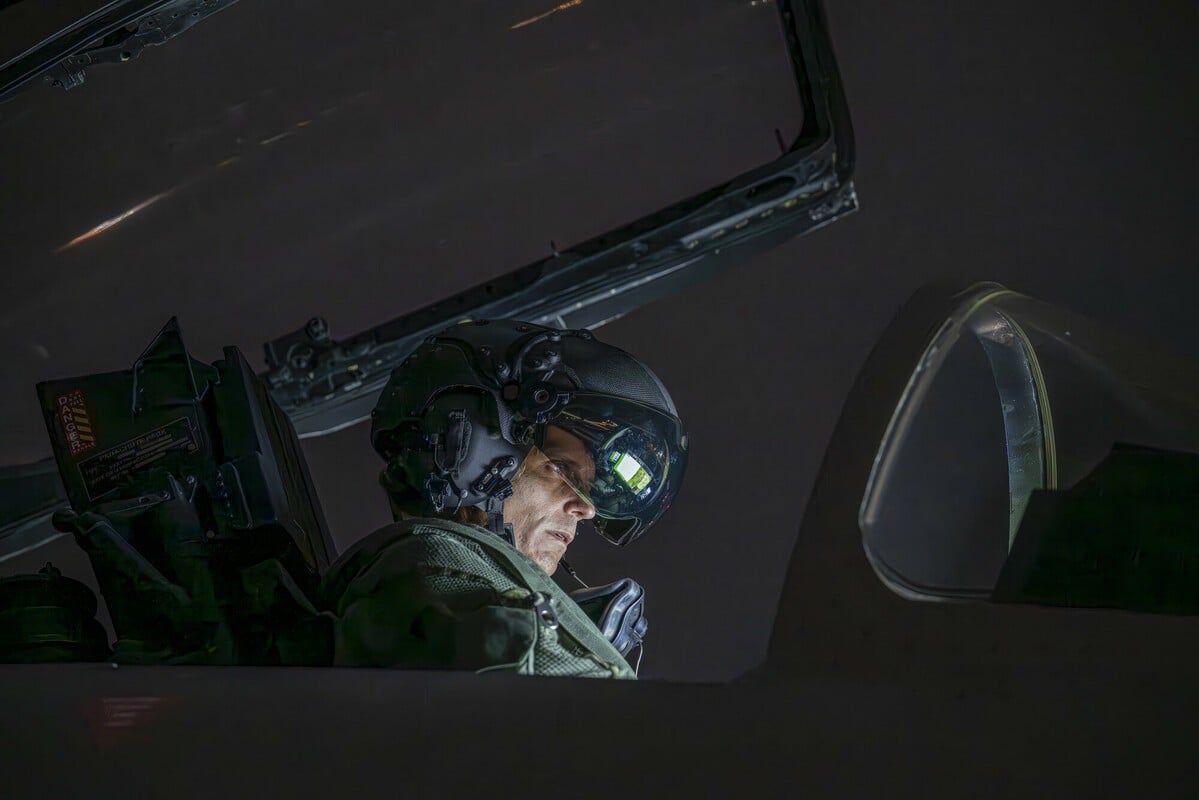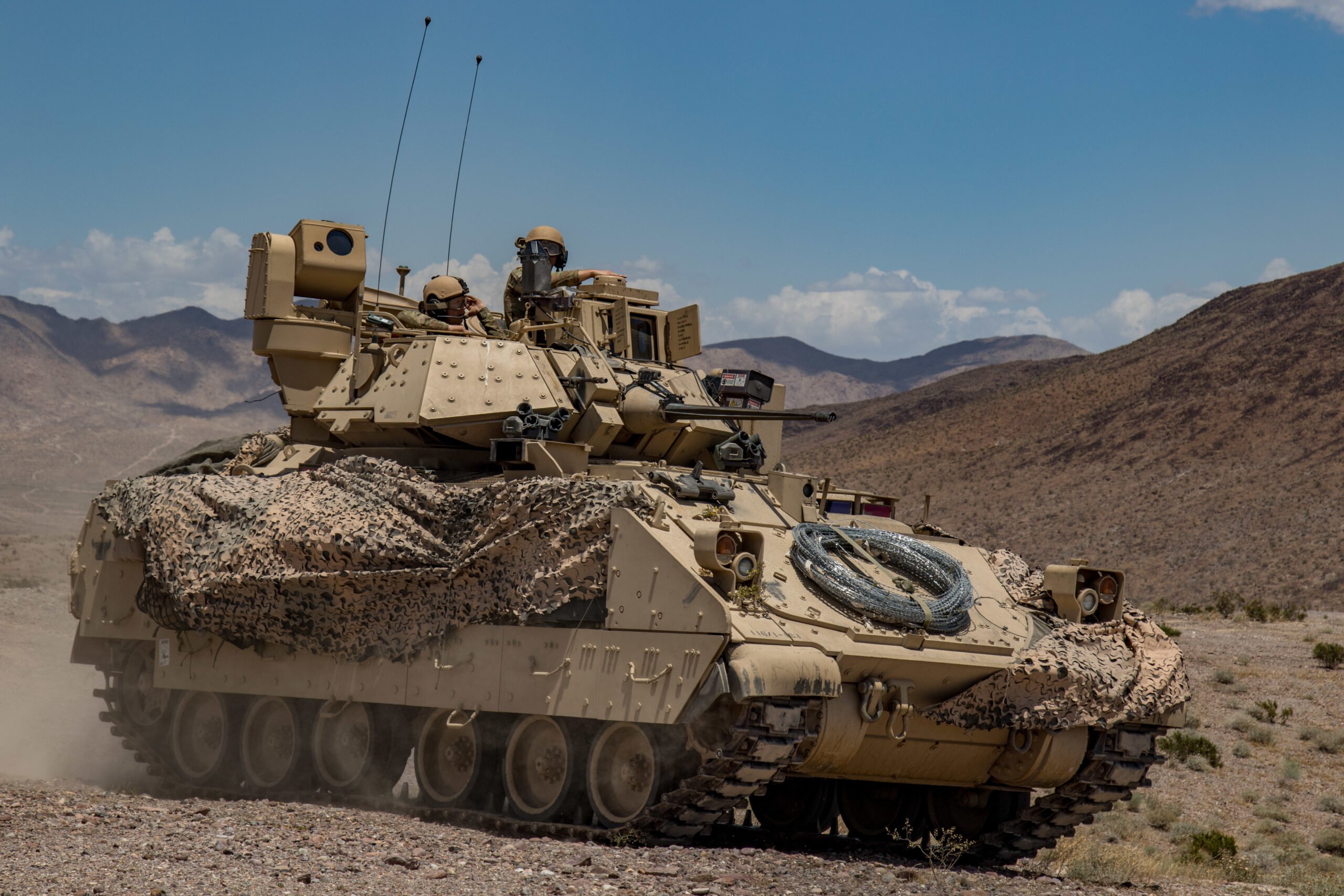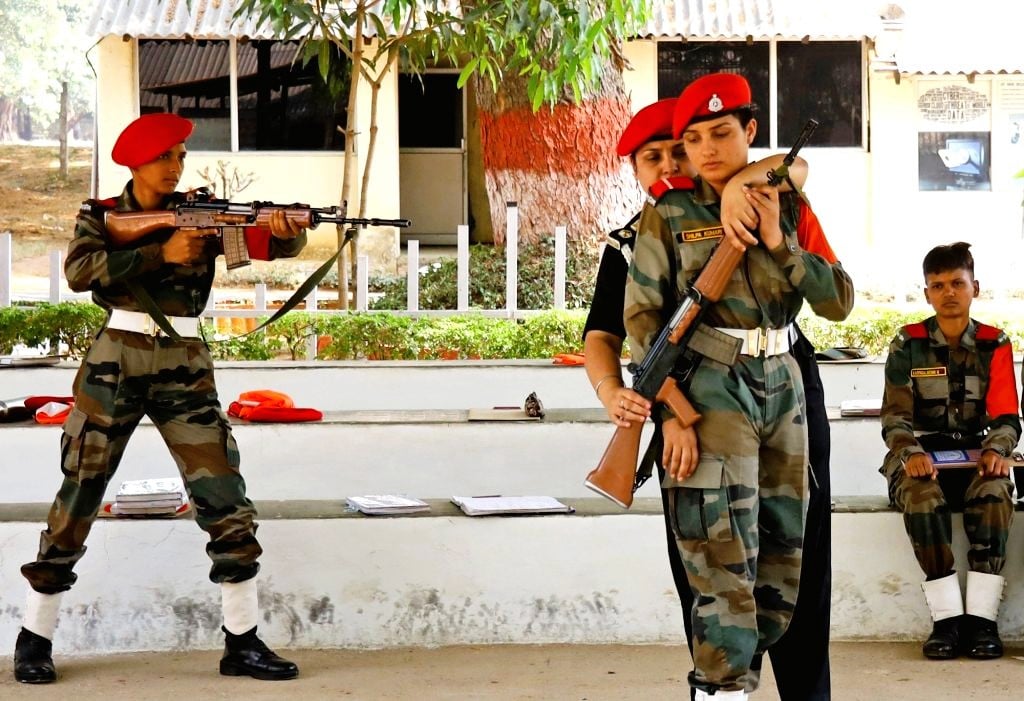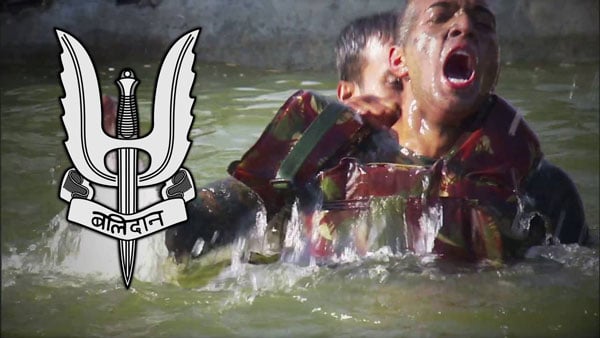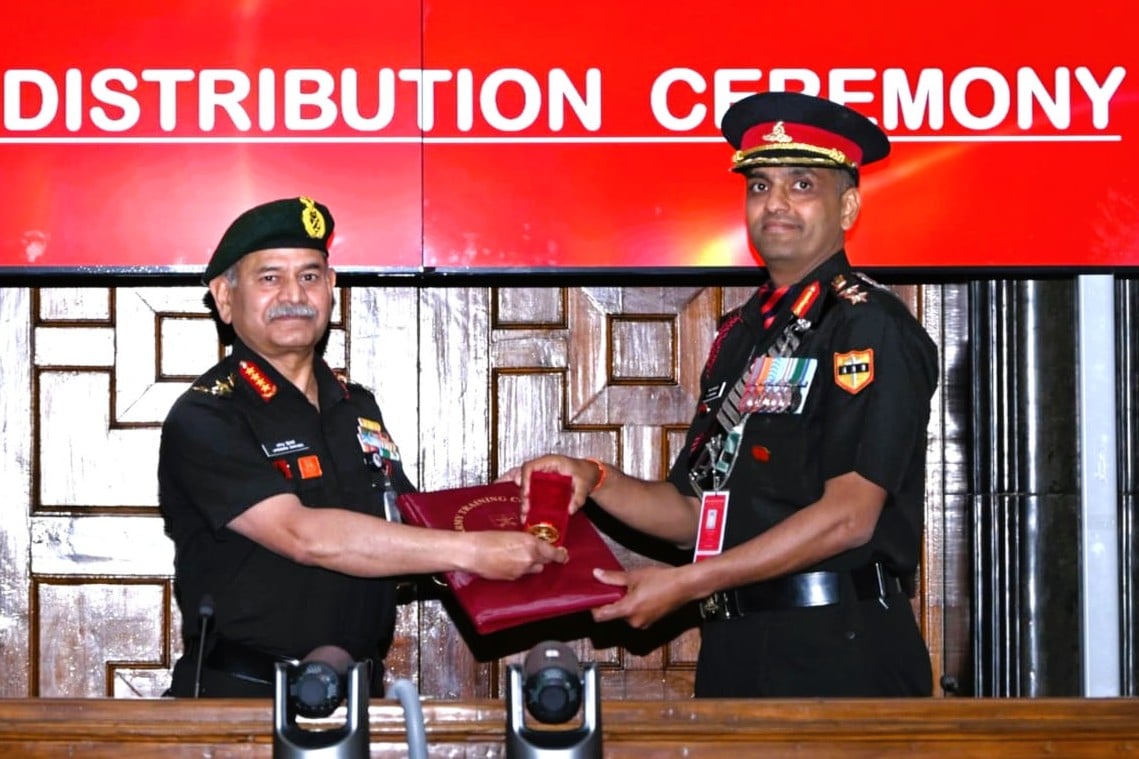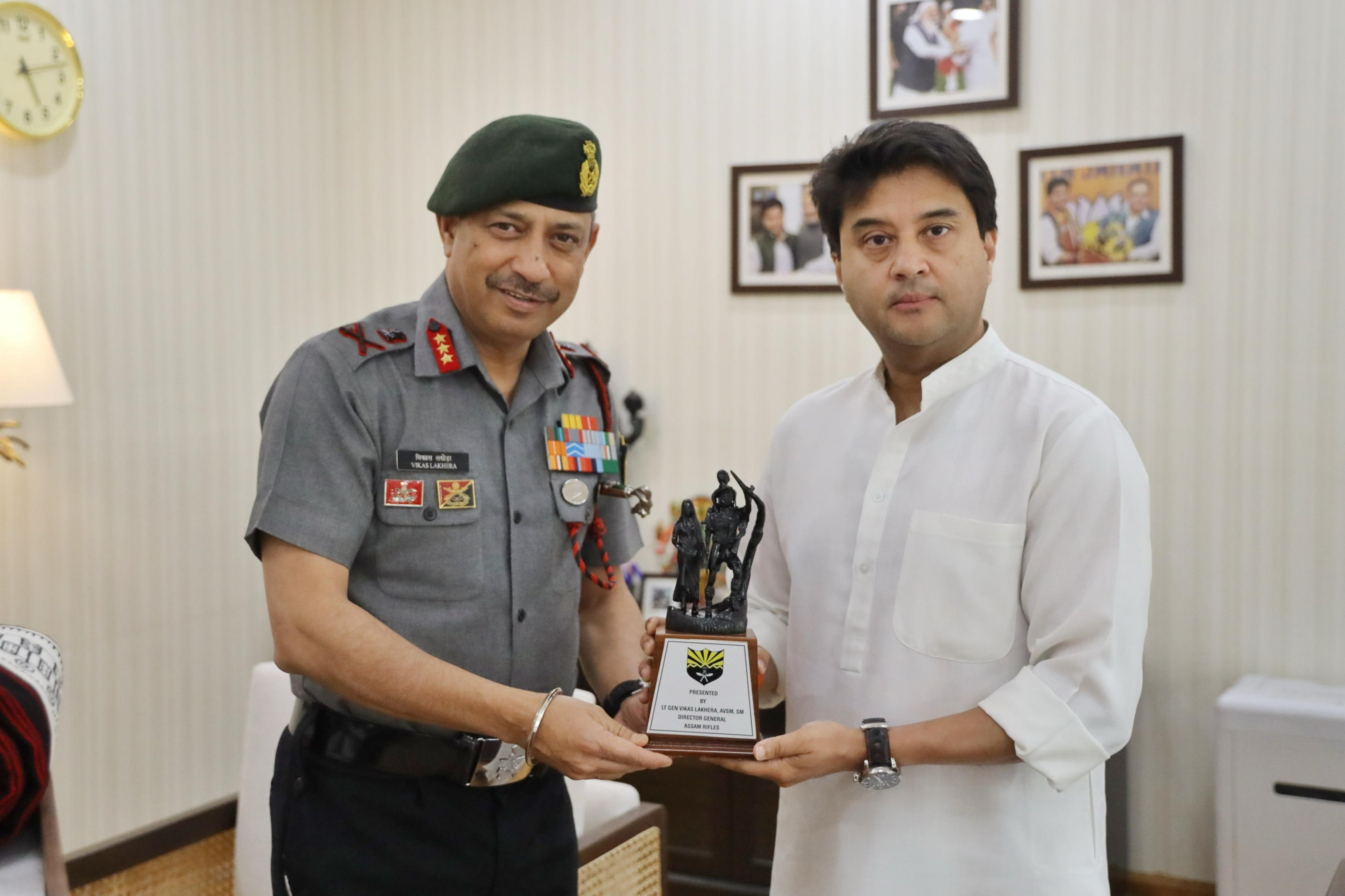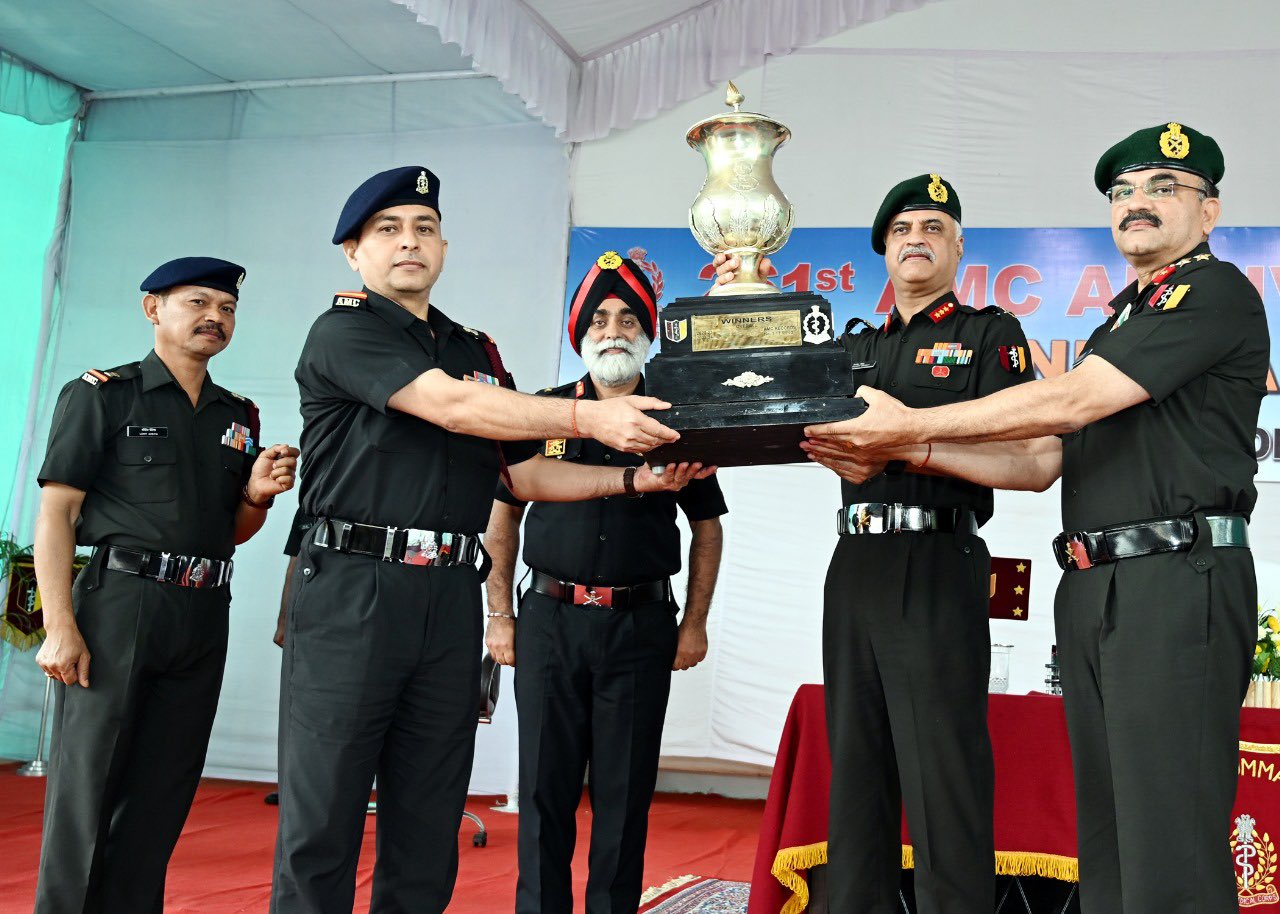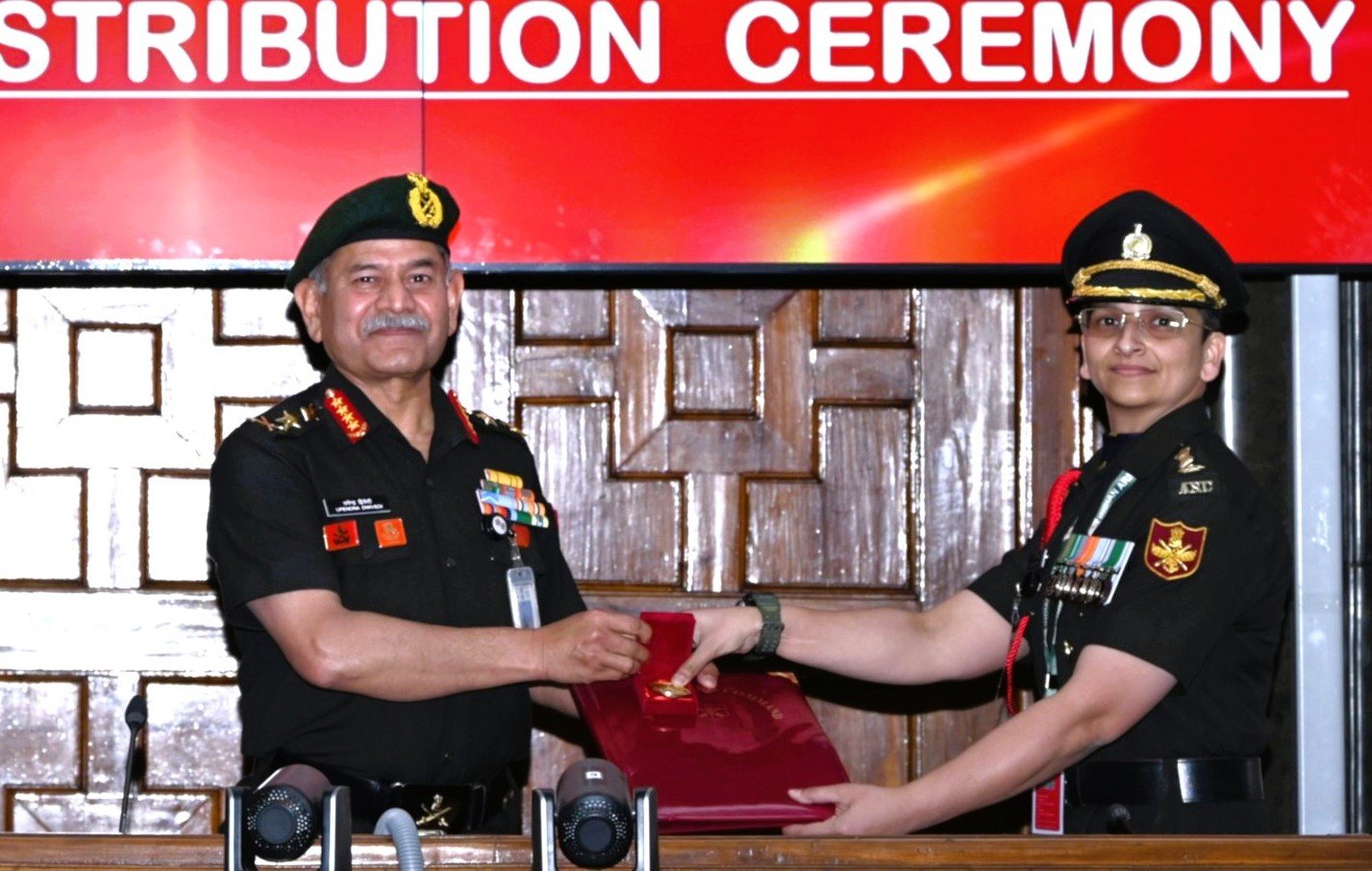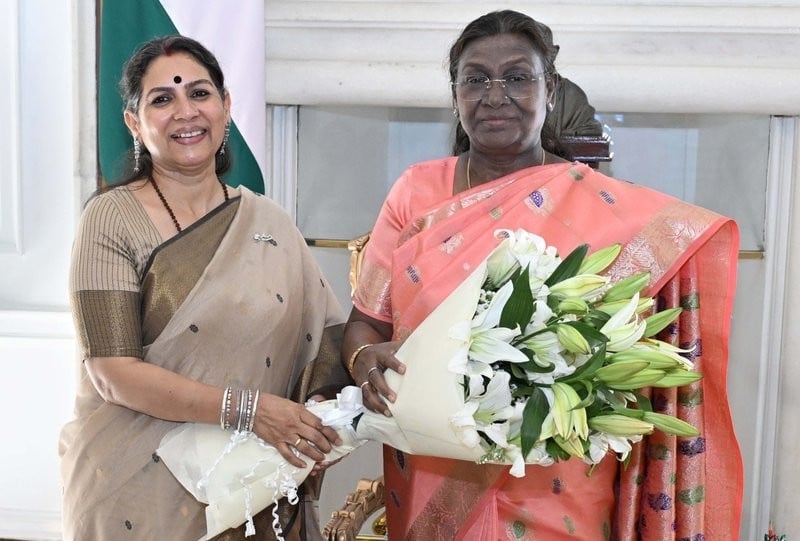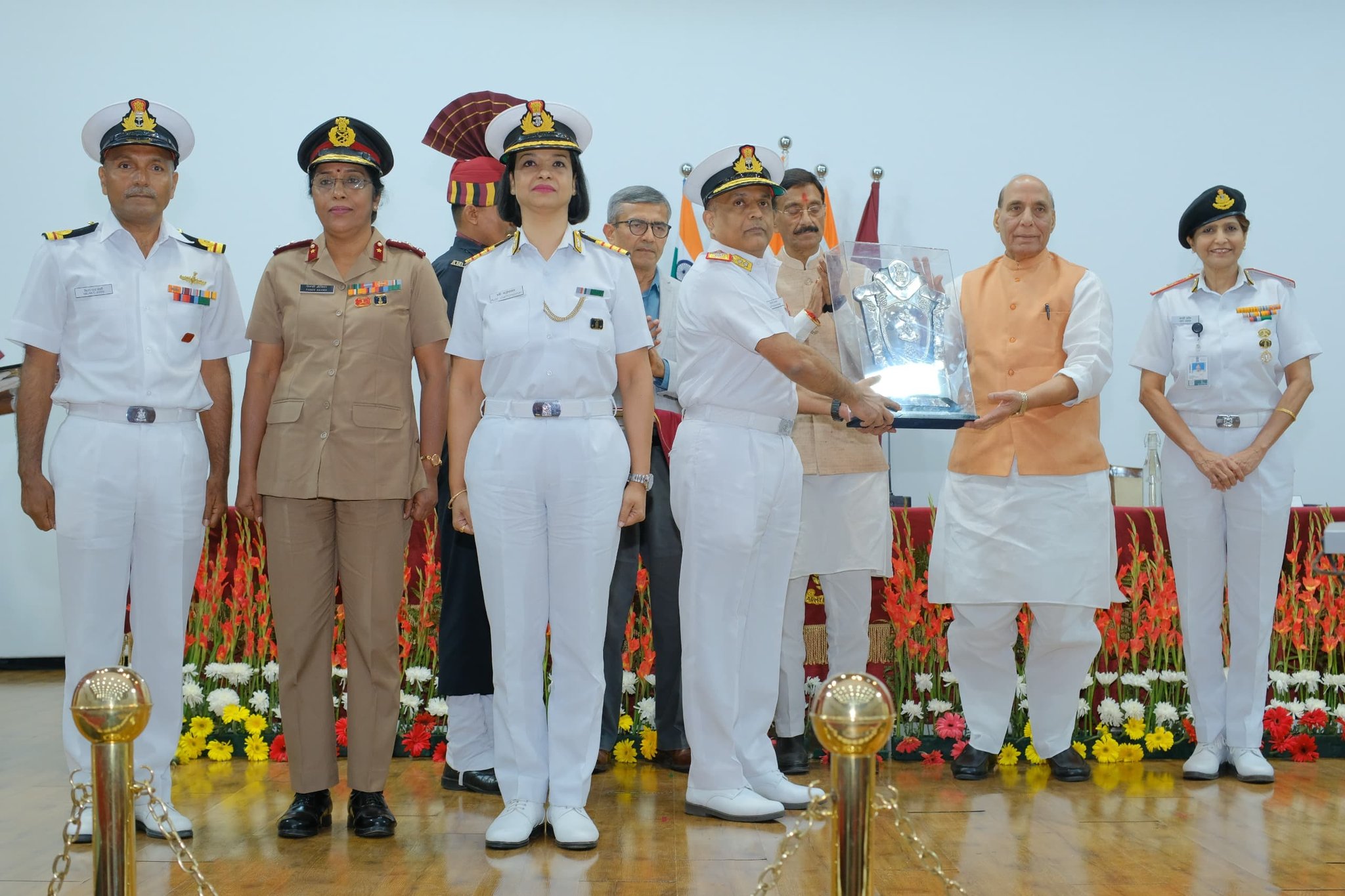In a significant development following the recent toppling of President Bashar al-Assad, Syrian rebel leader Abu Mohammed al-Jolani, who is also known as Ahmed al-Sharaa, met with the outgoing Prime Minister Mohammed al-Jalali. This meeting, reported by the rebels on Monday, was aimed at discussing the “transfer of power” and establishing a framework that ensures the continued provision of essential services to the citizens of Syria.
The meeting took place within a larger context of upheaval, as the Islamist rebel group Hayat Tahrir al-Sham (HTS) and its allied factions executed a rapid military offensive that culminated in the capture of Damascus just a day prior. The rebels have been administering significant portions of Idlib province and surrounding regions, which has raised questions about the future governance of these areas.
A brief video released by rebel factions showcased the meeting, which also included Mohammed Bashir, the head of the “Salvation Government,” a governing body established by the rebels. There is speculation that Bashir is a leading candidate for the role of prime minister in the new transitional government that is set to emerge following Assad’s fall.
During the discussion, Jolani acknowledged the challenges facing the region, noting that while “Idlib is a small region lacking resources,” local authorities have demonstrated a commendable level of governance and resilience, having developed administrative capabilities from a position of scarcity. Jalali, for his part, expressed readiness to cooperate with any leadership structure that the Syrian people choose, indicating a willingness to support a smooth handover of authority.
The Salvation Government, which has been in place since 2017, encompasses various ministries and public services designed to function in areas cut off from the Assad regime. Their governance structures have already begun to restore essential services such as water, communication, and electricity, particularly in Aleppo, which the rebels reclaimed during their recent operations.
As the situation continues to evolve, the focus now shifts to how the new leadership will navigate the complex landscape of governance and service provision in a country ravaged by years of civil war. The emergence of new power dynamics in Syria points to a critical moment in the nation’s history, as various factions vie for influence and control in the aftermath of a turbulent regime change.

